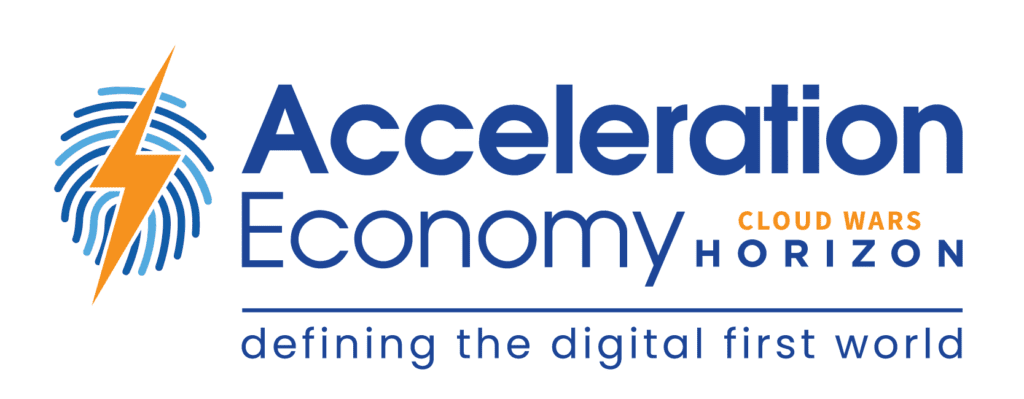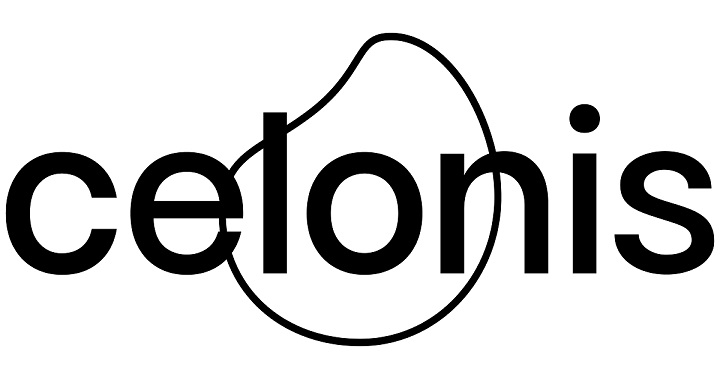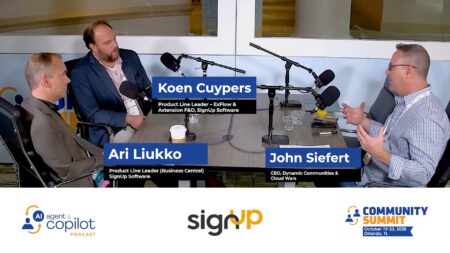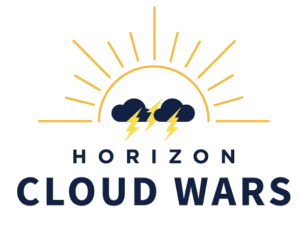
In response to questions for this profile, Celonis co-founder and co-CEO Alexander Rinke addressed customers’ focus on sustainability, as well as a surprising finding in research conducted by IBM and Celonis that more than half of Chief Supply Chain Officers would sacrifice profit for sustainability gains. (Emphasis with italics is mine).
But then came the best part — and the most telling in terms of how Celonis aims to help customers drive results: “Important to note that, with Celonis, it doesn’t have to be this way,” said Rinke. “Transforming how a business’ processes run is the easiest and fastest way to simultaneously achieve cost reduction, value creation, and sustainability goals.”
In fact, one of the most striking things about engaging with Celonis is the roster of enterprise customers the company has won over, the quantifiable business benefits those customers have realized, and the customers’ willingness to go on the record — even in quarterly earnings calls — to attribute major cost savings to their use of Celonis technology. That means the company is on the radar not only of CIOs and CFOs but CEOs as well.

As virtually any enterprise software vendor will attest, it is really hard to win those public endorsements, even if their software exceeds expectations. That makes it even more surprising when the company is able to provide at least six reference customers who cited the impact of the company’s software on earnings calls in the last two years.
To cite just one example, Celonis saved oil and gas giant BP at least $800 million in procurement costs through process optimizations and other functions.
Who Is Celonis?
Celonis was founded in 2011 as the first commercial process mining company. Process mining discovers, monitors, and improves processes in their current form. It’s sometimes referred to as an X-ray of your business.
Sustainability is just one area where Celonis is impacting customers; its tools optimize execution management, process management, supply chains, and more.
The company has more than 2,800 employees and more than 2,500 customer deployments.
Celonis received its first round of venture capital funding, $27.5 million, in 2016, followed by rounds of $50 million, then $290 million. If that last one didn’t raise enough eyebrows, then get a load of this: The company raised $1 billion in a series D round in 2021. The company is estimated to have an $11 billion valuation.
The company is based in Germany and New York.

Company officials note that the current, challenging macroeconomic environment makes the use of their product more of a priority for customers, not less. “Businesses across the globe and across all industries must become more efficient to outrun supply chain disruptions, rising inflation, and talent shortages,” Rinke said. “We’re in a unique position where our purpose aligns with these challenges — to be able to help any business operate more efficiently, to better deal with, and even perform at levels they never thought possible, in today’s conditions. We’re helping our customers to meet the headwinds of today’s macro challenges.”
What Does Celonis Do?
Process mining is at the heart of Celonis’ Execution Management System, which lets customers understand how their core business processes run and how to optimize them. Execution management, or EMS:
- Collects real-time data from across systems, desktops, documents, and event streams, with 100+ process connectors.
- Processes intelligence: X-rays processes for inefficiencies and recommends improvements, with more than 500 pre-built apps.
- Recommends actions that execute on insights automatically, with 1,000+ integrations.
The figures in the preceding list are an indicator of the scale of systems and applications that Celonis connects to and supports. “A common theme I hear from larger customers is that they have more than 250 systems that don’t work well together and that they lose around 30% of their revenue because of the inefficiencies these systems create,” Rinke said.
Celonis EMS can be deployed on-premises or in the cloud, although it’s estimated by the Everest Group consulting firm that 85% of Celonis customers deploy in the cloud, and 15% deploy on-premises. The same report — which highlights Celonis as the highest ranked company in the 2022 process mining assessment — indicates Celonis’ customer base breaks down by industry as follows:
- Manufacturing: Roughly 20% of revenue
- Healthcare and pharma: about 20%
- Professional services: about 20%
- Others: 20%
- Banking and capital markets: 10%-20%
- High-tech and telecom: about 10%
The company sells through 250 service partners that include IBM, Accenture, PWC, KPMG, and Deloitte, as well as 1,500 smaller consultancies.
Focusing on Customers
The company’s Chief Customer Officer Malhar Kamdar said, in a recent discussion, that because Celonis’ software is “horizontal” — sitting atop various applications and systems — and not focused on delivering core functionality as an ERP system does, its sole focus is on improving functions in a measurable way. Kamdar and his team emphasize defining and quantifying that value for customers. “Metrics is at the heart of what we do with clients,” he said.
“We sit with the client and say look at these use cases and processes and agree how much value is tracked into your systems, then realize that value and track it,” Kamdar said. “It could be top-line cash, bottom line savings, efficiency gains, or reduced carbon emissions.”

The enterprise scale of Celonis’s products — meaning their ability to ingest data from any system or data source — is the top differentiator.
Celonis Chief Customer Officer Malhar Kamdar
Celonis continues to work with customers on a co-creation basis, and the company’s core products incorporate significant IP from the client engagements that Kamdar’s team leads. For example, a claims management app that was developed along with a customer in the insurance industry is now available to customers broadly. Ditto an inflation monitor that is particularly apropos today.
Kamdar noted that people in his organization come from the consulting industry and even end-user companies, so they bring an in-depth understanding of business processes, such as procurement, payments, and collections. They’re able to get the Celonis software implemented and deliver value quickly. That ability to be nimble, with deep expertise in the customer’s business, is going to be more important than ever if economic conditions continue to tighten and customers have to make difficult choices.
Customers are approaching Celonis’ investment with an increased sense of urgency, Kamdar said, agreeing with Rinke’s assessment. Since they are grappling with supply chain problems, inflation, and other pressures, adopting an add-on that delivers additional insights and value on top of their ERP systems is easier than an ERP changeover. “They want to outrun new crises not by changing, but by putting a layer on top to improve performance,” Kamdar told me.
Example of How It Works
It’s not uncommon for corporate systems to reflect lead times for certain materials in master data sources (SAP, Oracle, or other ERP systems) that are inaccurate or don’t reflect the reality of how suppliers are actually delivering. A contract might be outdated, or perhaps the actual delivery lead time has never been accurately reflected.
If delivery of a critical part is scheduled in a system to occur in five days, but it routinely takes seven or eight, process mining can automatically update that planning parameter and issue purchase orders with the correct timeframe.
Celonis DIrector of Product Marketing Divya Krishnan

“So on both sides, the supplier isn’t scrambling and isn’t having to expedite, and the customer can plan more accurately and not have to delay a product,” says Director of Product Marketing Divya Krishnan, who is an expert on supply chain issues.
The solution that Krishnan describes brings together process mining, execution management, and predictive analytics functions.
Customers Celonis Has Dazzled
As noted above, Celonis has benefited customers to the tune of hundreds of millions, if not billions, of dollars.
There’s the aforementioned BP customer success. Other household names that have referenced Celonis in this context include Siemens and Deutsche Bank.
In a recent conversation about his company’s use of Celonis EMS, electronics distributor Avnet Vice President of Enterprise Effectiveness Stefan Maurer ticked off at least five concrete outcomes the company has experienced. He detailed how:
- Execution management helps Avnet effectively manage supplier price increases without a negative impact on profitability. Avnet gets “almost daily” price increases from suppliers. Celonis provides insight into potential margin loss and triggers alerts to account managers to make pricing adjustments — an incredibly important consideration in today’s turbulent, inflationary environment.
- Inventory is being optimized, especially in light of end-of-life scenarios when there are no return rights. Using Celonis, the company provides real-time alerts to buyers so they can react with cancelations if necessary.
- Measuring the effectiveness of process efficiency efforts. For example, while Avnet believed it was operating with 100% of transactions occurring electronically, the deeper analysis found the actual number was closer to 70%, so it took corrective action and improved the figure to over 90%.
- Analytics show progress against Celonis-recommended actions; managers can see those actions that are completed, in progress, and not started, and take corrective steps where needed.
- Use of Celonis has freed up 8-10 million euros annually in working capital; that number may not seem overly sexy or dramatic when you consider some of Celonis’ massive wins, but as Maurer notes: “I prefer the real impact on the organization, rather than just some nice catchy high numbers.”
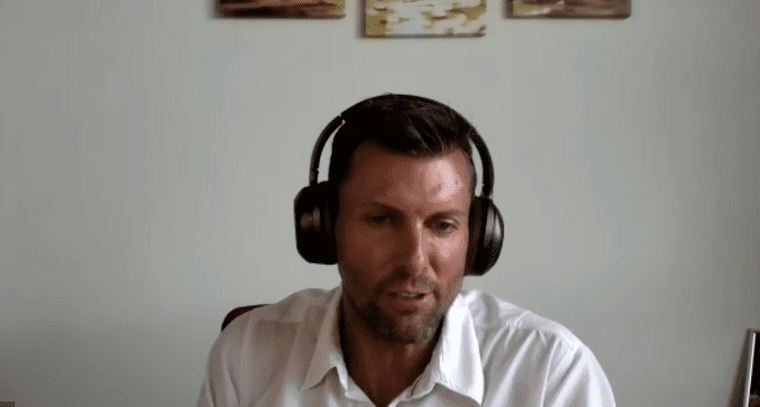
In the future, Avnet is looking to put cross-company processes under the microscope along with partners who also use Celonis. Avnet has already run one such pilot with a subcontractor and helped that partner optimize inventory planning. Such connections could go a long way toward addressing the disruptive supply chain snarls of the past two and a half years.
Five Reasons Why Celonis Is on the Cloud Wars Horizon
Here are the top five reasons Celonis has been selected for inclusion on the Cloud Wars Horizon:
- Marquee customers regularly attribute major business improvements to Celonis on their quarterly earnings call.
- Forward-thinking customers (like Avnet) see the opportunity to leverage the company’s software between companies (think: supply chains) for even greater process improvements than they can achieve internally.
- It remains highly focused on customers and solving their business problems — a theme that is infused into numerous discussions with company executives.
- Even as a privately held company, it has the financial wherewithal, funding, and customer buy-in that will enable it to weather turbulent economic conditions today and in the future.
- It’s positioned well to help customers with sustainability. It has the mindset that its customers can achieve sustainability goals while maintaining or increasing profitability.
The Future and Closing Thoughts
Celonis has a unique opportunity to play a big role with enterprise customers in addressing some of today’s hot button priorities and pain points: the need to streamline and improve internal processes; addressing pervasive supply chain problems; and giving customers tools and insights to advance sustainability agendas. With that positioning, the company should face minimal to no interruptions in growth in the face of economic headwinds.
While the company’s name has surfaced at times as an acquisition target by some of the cloud titans, the company shows confidence in its ability to remain independent and continue growing. “We founded Celonis with a mission to help businesses in every sector and every region to become more efficient and to apply process excellence to the bottom line, top line, and the green line — and we remain fully committed to that mission,” Rinke says. “We focus on continuing to grow and scale our company.”
For more exclusive coverage of innovative cloud companies, check out Cloud Wars Horizon here:




